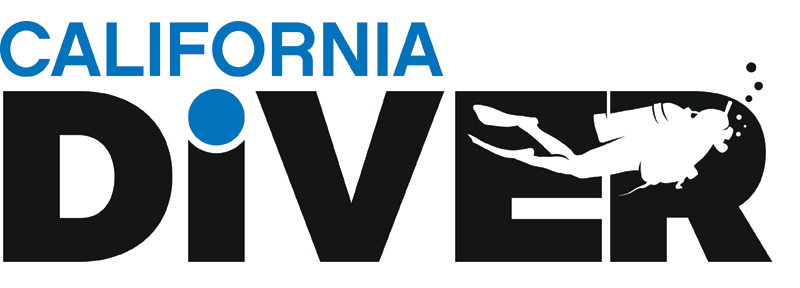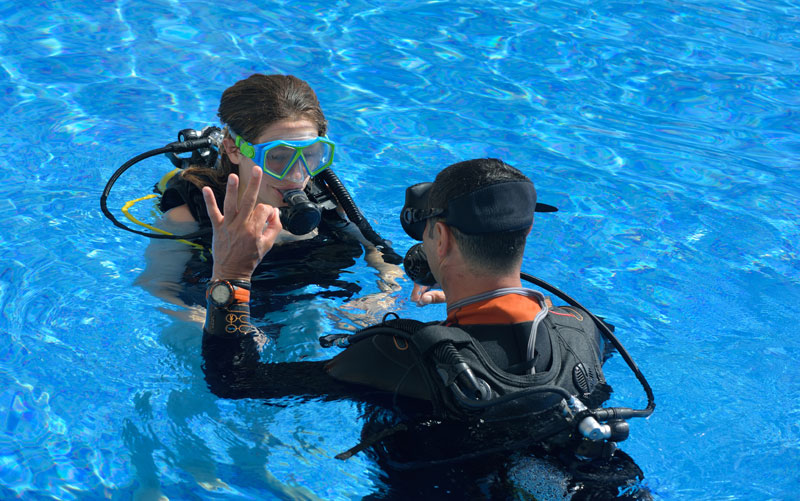Scuba diving is an enjoyable activity for millions of divers, and many of the experiences we have underwater can only be described as magnificent, inspiring, and exhilarating. For one group of people—kids and adults struggling with autism—the experience of scuba diving can be life-changing.
When researchers at Midwestern University surveyed kids and adults with autism spectrum disorders, they found a common theme among them – they each found sensory freedom while under the water, where visual and auditory distractions are minimized. The effect was calming, and for someone with autism, it’s a welcome feeling.
Alice Kay, mother of an autistic son, shared her experience with Autism Parenting Magazine when her 9-year old son tried scuba diving for the first time at his 9th birthday party.
“Our son quickly found comfort in the water. He didn’t have to talk to anyone, be close to anyone and the stimulation was very low”, she wrote.
“It’s wonderful Mom, it’s like someone is hugging me, but not touching me,” explained her son, who for seldom let us hug him, kiss him or hold his hand.
“After that birthday party, our son knew that he wanted to grow up and live underwater. By the time he was 14 he was a certified diver and my husband took him to the Florida Keys to dive in the ocean. The pressure of the water felt good to him and the elimination of noises and stimulations vanished for the time he was underwater. Making water bubbles, swimming on his back, and gliding through the water with turtles and fish allowed our son too finally be at peace.”
As described by Temple Grandin with her “hug machine,” autistic children tend to feel calm with weight pressing on them. Like weighted blankets and caps, the water surrounding autistic scuba divers provide them with that same sense of calmness. Additionally, the weightless and silent underwater environment has proven to have an incredible soothing effect on people with autism and other conditions, such as down syndrome. Underwater, the noise of everyday life disappears, giving people an opportunity to relax in a complete different way from what they’re used to on land.
The health benefits of scuba diving is no surprise to Jim Elliott, the founder of Diveheart, a non-profit dedicated to helping kids and adults build confidence and independence through scuba diving. He’s also helping those who has autism do the same. “For people with health problems such as chronic pain, diving can help lessen their symptoms,” Elliott said. “For people with disorders like autism, it can give them confidence.”
For more information, visit:
Diveheart.org
Scuba diving an unlikely tool for kids and adults with autism – WGN.TV
Autism Parenting Magazine: Scuba Diving: A Soothing Adventure
.

